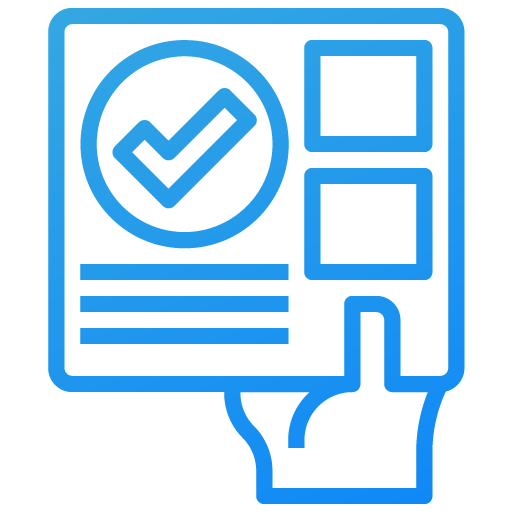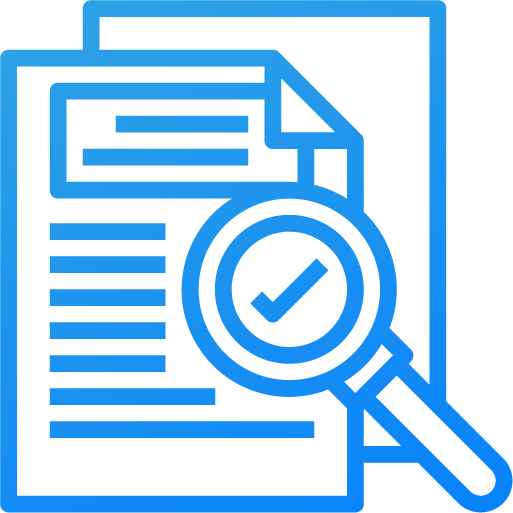Focus on AI expertise: What the EU AI regulation requires from companies
With the introduction of the EU AI Regulation (Regulation (EU) 2024/1689: L_202401689DE.000101.fmx.xml), the European Union is setting an important framework for dealing with artificial intelligence. A central component of the regulation is the requirement to develop AI expertise, as set out in Article 4.
About the author

Focus on AI expertise: What the EU AI regulation requires from companies
With the introduction of the EU AI Regulation (Regulation (EU) 2024/1689: L_202401689DE.000101.fmx.xml), the European Union is setting an important framework for dealing with artificial intelligence. A central component of the regulation is the requirement to develop AI expertise, as set out in Article 4.

Why is AI expertise so important?
The rapid development of AI technologies harbours enormous potential - but it goes hand in hand with equally great challenges. Malfunctions or unconsidered use can have serious consequences - such as data protection breaches, discriminatory decisions or a general loss of trust in technological solutions. It is therefore clear how important it is that those who develop, implement or use these technologies have sound and responsible skills.
A study by the Stepstone Group showed that many professionals use AI in their day-to-day work, but do not know what skills are required to use this technology appropriately. (Study on AI in the workplace: Germans are better prepared than they think | The Stepstone Group)
Why is AI expertise so important?
The rapid development of AI technologies harbours enormous potential - but it goes hand in hand with equally great challenges. Malfunctions or unconsidered use can have serious consequences - such as data protection breaches, discriminatory decisions or a general loss of trust in technological solutions. It is therefore clear how important it is that those who develop, implement or use these technologies have sound and responsible skills.
A study by the Stepstone Group showed that many professionals use AI in their day-to-day work, but do not know what skills are required to use this technology appropriately. (Study on AI in the workplace: Germans are better prepared than they think | The Stepstone Group)

What do companies need to be aware of under the EU AI Regulation?
Article 4 of the EU AI Regulation requires providers and operators of AI systems to ensure that their staff and other persons involved in the operation and use of AI systems on their behalf have a sufficient level of AI competence. But what does this mean in concrete terms? According to the regulation, AI competence refers to the following aspects:

Expertise
Includes technical expertise based on in-depth knowledge and practical experience, as well as specific education and training.
Knowledgeable expertise may include an understanding of the fundamental concepts and workings of AI systems, including algorithms, data modelling or AI application development.

Awareness of opportunities & risks
An understanding of the opportunities and risks of AI and the possible negative effects that could arise from the use of such systems is just as crucial.
AI is already making everyday office life easier, for example through automated document summarisation. It offers opportunities in areas such as IT (anomaly detection), customer service (chatbots) and healthcare (data analysis).
At the same time, its use harbours risks such as data loss, incorrect decisions or discriminatory assessments.

Application-orientated competence
The promotion of AI expertise must be tailored to the specific area of application of the AI systems. This includes the target groups that work with the systems and the special requirements of the respective application.
For example, the use of AI in medical diagnostics could require a different level of sensitivity than the use of AI in production to prevent machines from breaking down.
Deadlines and conclusion
The EU AI Regulation has been in force since 1 August 2024 and is being implemented in stages. From the 2 February 2025 the general regulations apply, including the obligation to promote AI skills in companies - > Companies are obliged from this date to provide evidence that their employees and other persons involved in the operation and use of AI systems on their behalf have the appropriate AI skills.
Act immediately and ensure that AI topics are integrated into your training concepts.
Through regular training and continuous professional development, companies can not only fulfil legal requirements, but also ensure that their employees keep pace with technological developments and thus secure their long-term competitiveness.
Our training courses on the topic of AI
Here you will find a selection of our training courses on artificial intelligence:

Fit for AI: Expertise for safe use in companies
From 2 February 2025, companies will have to prove that all employees have sufficient AI skills in accordance with the EU AI Regulation. Our interactive training prepares you to use AI systems competently and responsibly. At the end of the training, you will receive a certificate of participation.

Introduction to the AI Regulation
Learn how to use AI systems in compliance with regulations and successfully implement the requirements for providers and operators. Find out how to fulfil technical and legal obligations, minimise risks and at the same time make the most of the opportunities offered by AI. Develop strategies to responsibly integrate AI into your organisation and prepare for upcoming regulations.

Introduction to AI and prompt engineering: basics and best practices
Prompting is a powerful tool for effective communication with AI systems such as Microsoft Copilot. A well-formulated prompt helps the AI to better understand your intentions, provide precise answers and find creative solutions. In this course, you will learn how to optimise prompts in order to make full use of the AI's capabilities.

Empower your workforce with Copilot for Microsoft 365
In this one-day course, you will learn how to use Copilot effectively in Microsoft 365 Apps to optimise business processes. Practical exercises and scenarios will show you how you can increase productivity in various areas.
Do you have any questions?
Secure the necessary AI competences now and fulfil the requirements of the EU AI Regulation. Contact us - we will be happy to advise you and support you in fulfilling the requirements of the EU AI Regulation.



